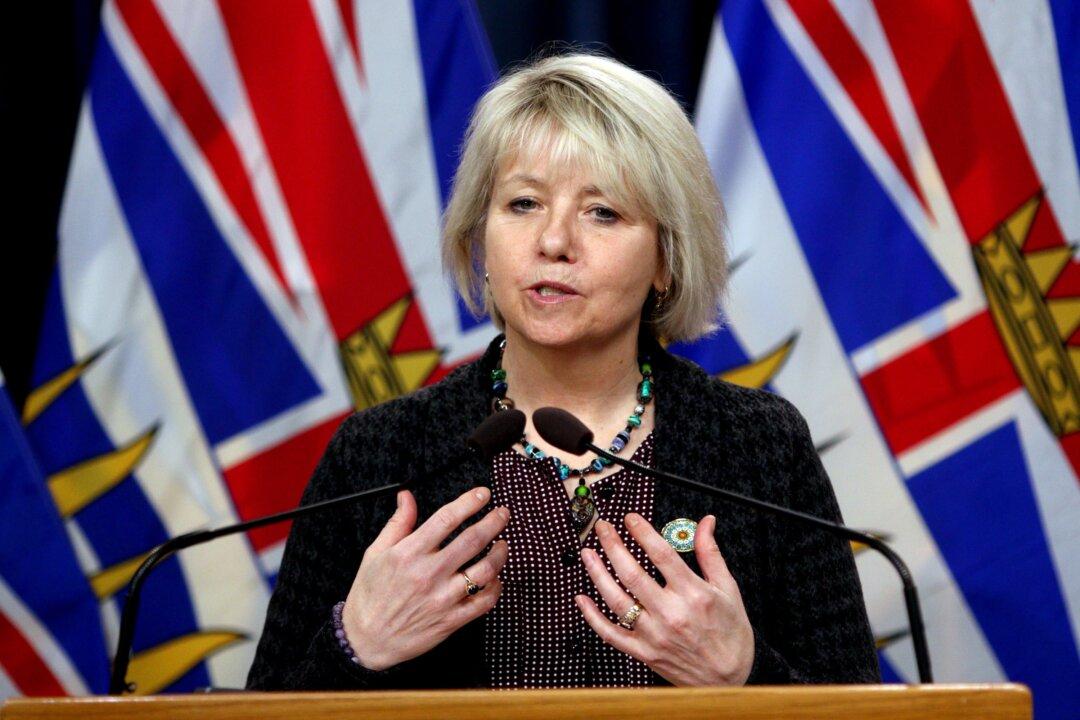British Columbia’s Supreme Court chief judge has dismissed four legal challenges to some of the province’s now-suspended COVID-19 health measures regarding mandated vaccination as well as adverse side effects that some B.C. residents suffered as a result.
Chief Justice Christopher Hinkson ruled in one of the cases that Dr. Bonnie Henry, the provincial health officer, had properly followed available scientific research and B.C.’s public health guidelines in advising the government to mandate vaccination for health care workers, according to the Vancouver Sun.





